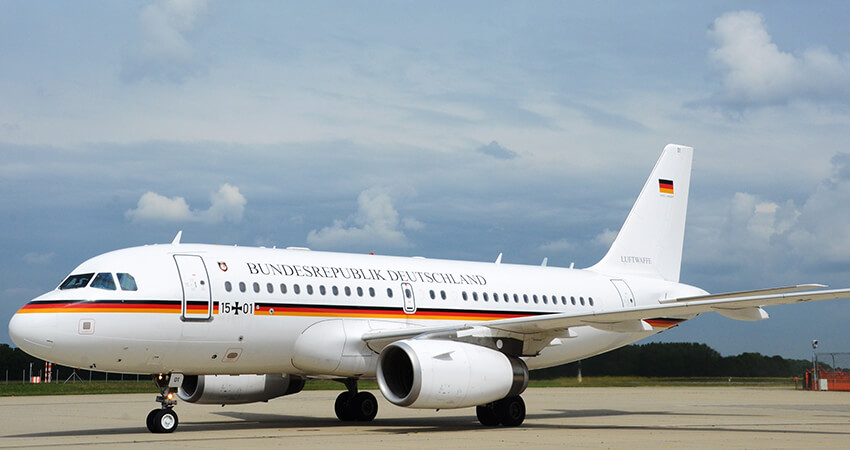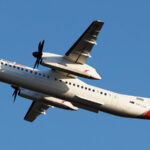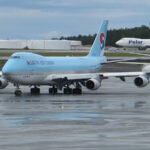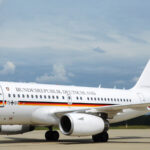In the world of executive aviation, where luxury and customization are paramount, private jets stand out as symbols of exclusivity and comfort. In many cases, some companies or governments require this type of aircraft for their unique operations. This is where Airbus private jets play an increasingly important role in this exclusive segment.
Known for its innovative commercial aircraft, this European consortium also offers a line of private jets, representing a different option from the smaller ones that are more common. However, its prestige allows it to have a prominent place among those who require slightly larger aircraft in this highly exclusive segment.
The Airbus Touch in the World of Private Jets
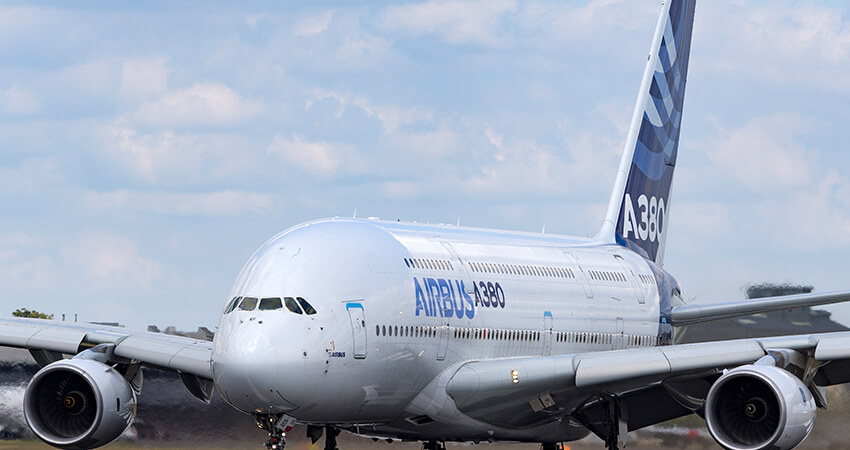
When choosing a private jet, many different factors come into pla. Size, performance, range, maintenance, and other factors must be considered. But so is the prestige of the aircraft manufacturer, which can be very prominent in the sector, as is the case with Bombardier or Embraer.
However, when one thinks of Airbus, the mind usually associates this brand with large commercial aircraft that transport passengers around the world. A vast majority of the world’s airlines operate aircraft from this manufacturer, which also has a significant presence in the cargo world.
Nevertheless, Airbus’s presence in the private jet market is no less impressive. The company has brought its experience in design and technology to executive aviation, offering a range of options that go beyond the conventional configurations of this segment. In fact, the company has a business unit dedicated specifically to its operations in this area.
The Airbus Private Jet Line: Variety and Performance
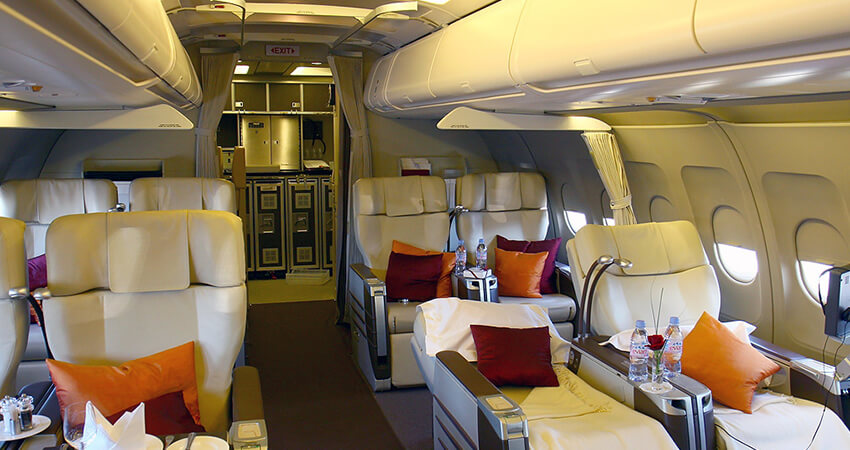
Airbus offers a variety of private jets that meet the needs of the most demanding customers. However, these are aircraft of considerable size, as it is worth clarifying that they are the executive adaptation of its commercial aviation aircraft.
Thus, the ACJ TwoTwenty is the executive configuration of the A220, a successful model of the company. Meanwhile, the ACJ320neo corresponds to its commercial aviation counterpart but with a very spacious configuration.
The Airbus private jet line is characterized by combining performance with a very luxurious yet customizable interior design, providing passengers with a unique flight experience. These aircraft offer a flexible cabin design that can be tailored to the tastes and preferences of each client. In this sense, executive lounges, more informal rest areas, and rooms with significant comforts can be incorporated.
Like all its aircraft, executive jets are divided into wide-body and narrow-body categories. The ACJ330neo, ACJ340, and ACJ350, which are currently in production, can carry about 25 passengers in their typical configuration. They all have a range of between 18,000 and 20,000 kilometers, meaning they can cover vast distances such as London to Sydney or even New York to Singapore without stops.
The King of Airbus Private Jets
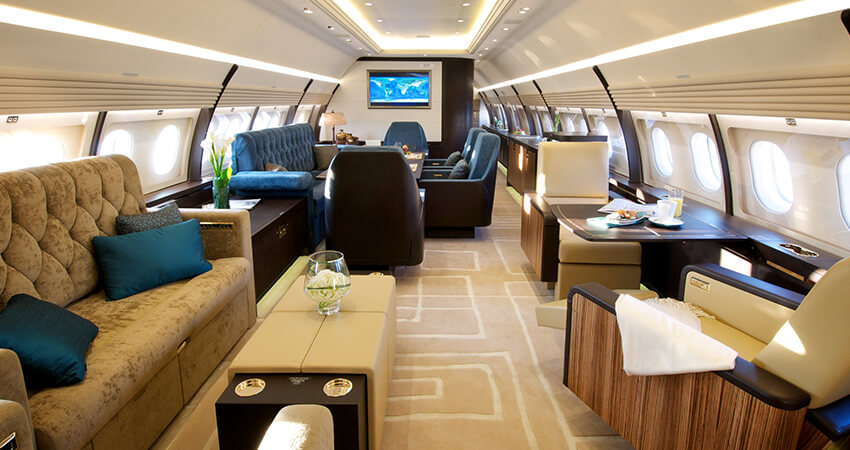
If Airbus has been on everyone’s lips in the last decade, it has been for creating the world’s largest passenger aircraft, the A380. Its colossal dimensions and the 500 passengers it can transport on each flight make it the undisputed king of the skies, despite the commercial inconveniences it has faced.
Of course, the company has designed a version for corporate clients, the ACJ380. Typically accommodating about 50 people, it offers a completely different experience. Moreover, by offering two or even three different levels, it enhances the privacy of its most demanding passengers.
Performance and Efficiency
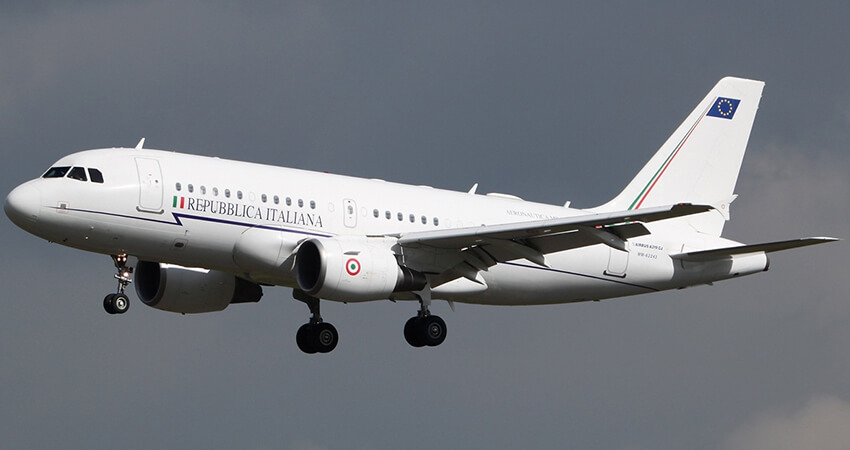
Airbus’s reputation for its focus on efficiency and performance is also reflected in its private jets. Advanced technologies such as efficient engines and improved aerodynamics not only offer a smooth and quiet flight but also contribute to fuel efficiency, a crucial factor in executive aviation.
Additionally, Airbus has integrated innovative connectivity and onboard entertainment solutions into its private jets, ensuring that passengers enjoy a complete and connected experience while traveling.
Communication is a key element for this type of aircraft, as in many cases, companies that own them need fast and effective communication even in the air. This is heightened in a very prominent segment of these aircraft: governments. In the case of high government representatives, being connected at all times can be vital.
As demand for private jets continues to grow, Airbus remains at the forefront of innovation in executive aviation. With a focus on sustainability, the company works on new technologies and designs that not only meet luxury expectations but also address environmental concerns.
